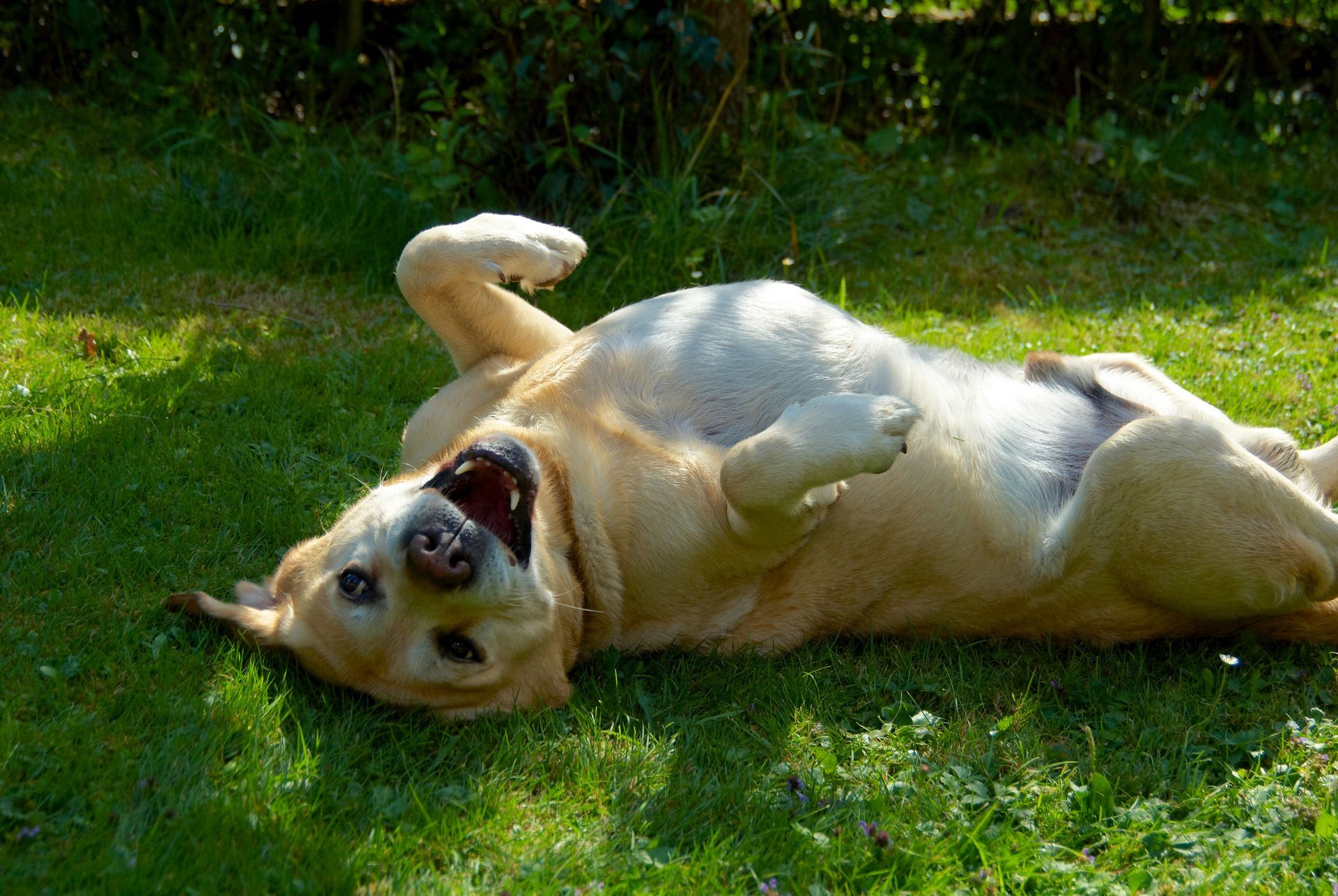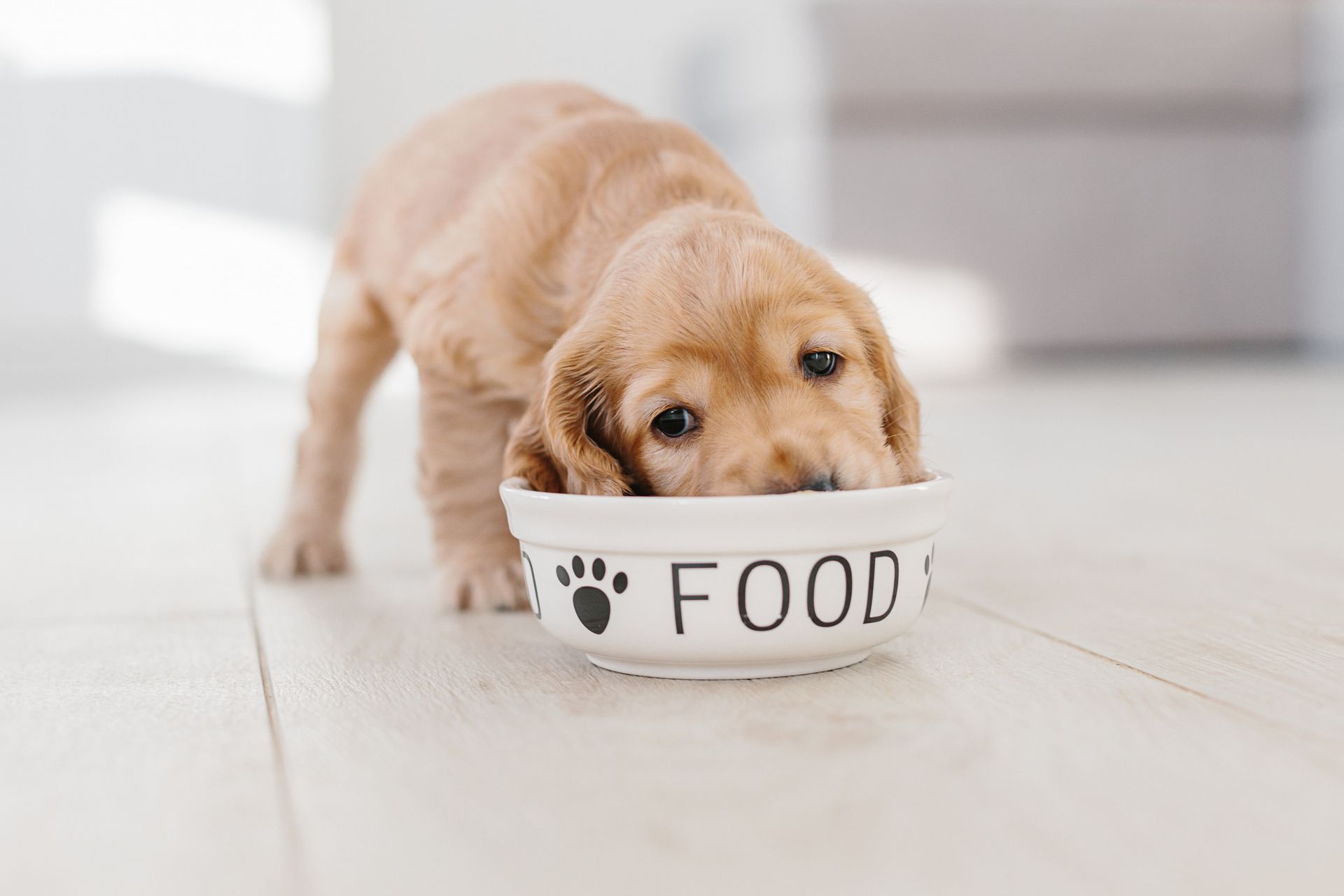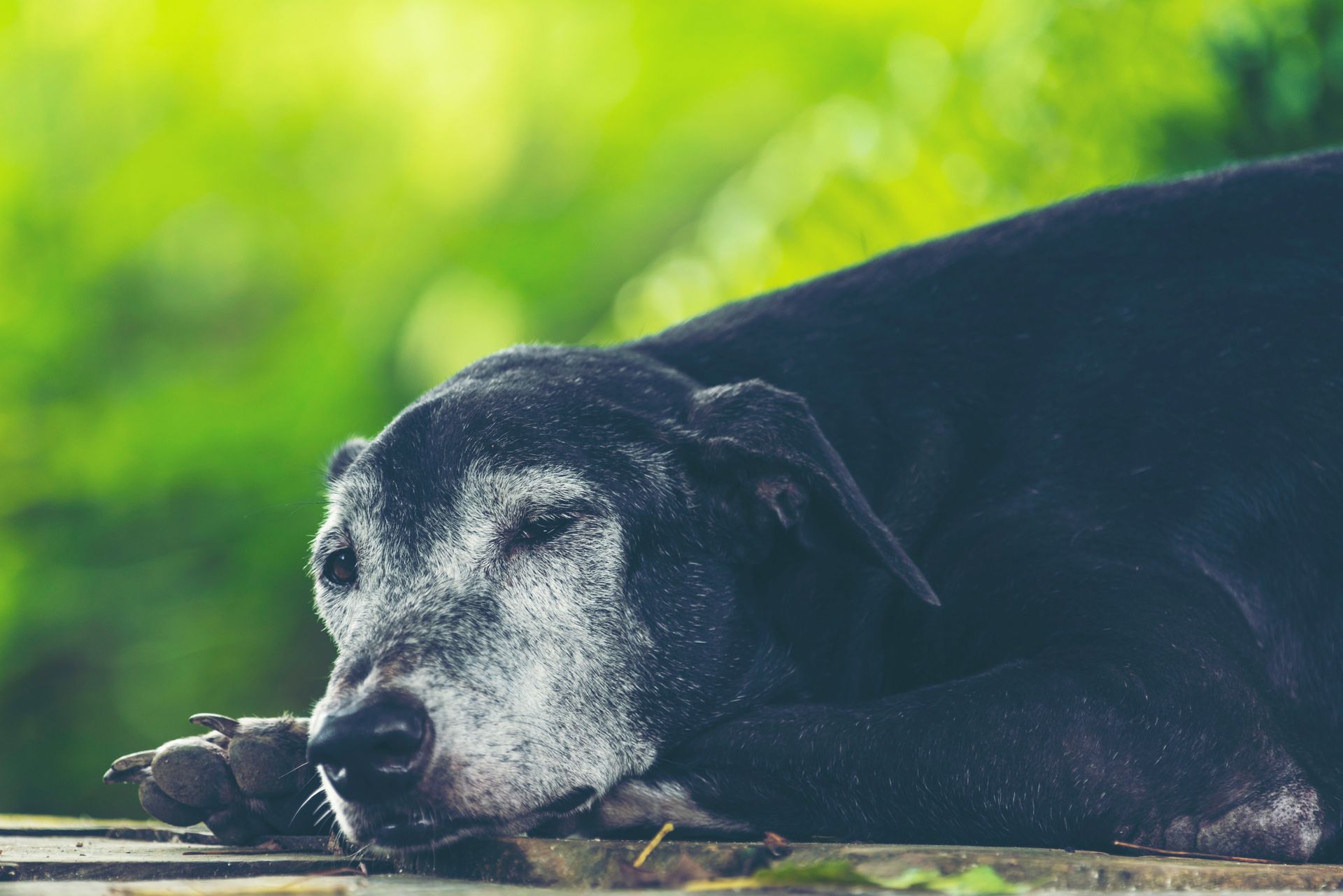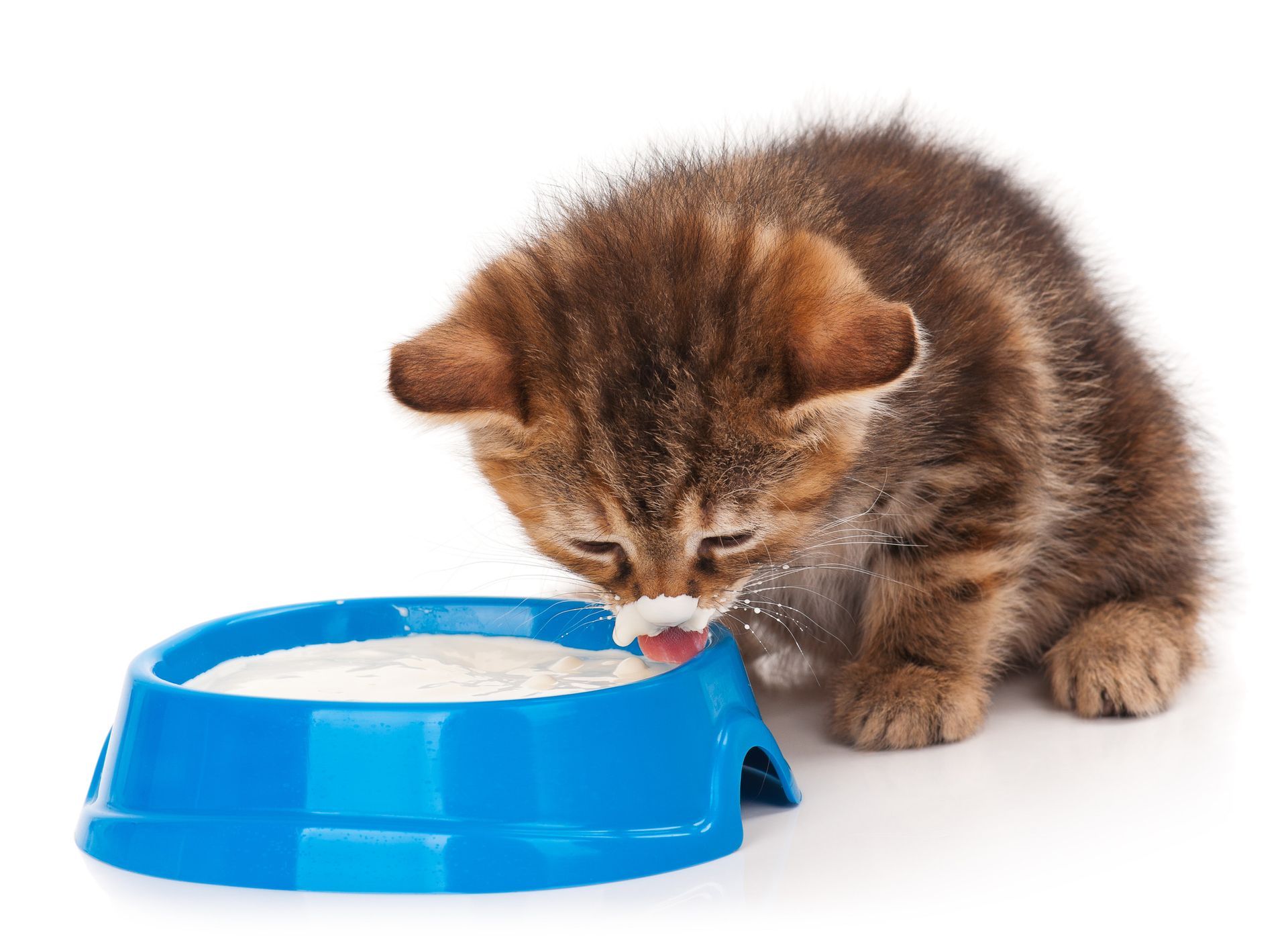Understanding Gut Microbiome Imbalances: What They Mean for Your Pet

The health of your pet's gut has a massive influence on their overall well-being. From digestion to immunity, a balanced gut microbiome plays a critical role in keeping your furry friend happy and healthy. But what happens when there’s an imbalance in their gut microbiome?
This post will introduce you to the concept of the gut microbiome, explain the signs of imbalance, and highlight what it could mean for your pet. By the end, you’ll also learn practical steps to support your pet's gut health.
What Is the Gut Microbiome?
Your pet’s gut microbiome consists of trillions of microorganisms—including bacteria, fungi, and viruses—that live in their digestive tract. These tiny organisms collaborate to perform crucial functions, such as breaking down food, absorbing nutrients, and fighting off harmful pathogens. A healthy microbiome is all about balance, with beneficial bacteria outweighing the harmful ones.
However, when the gut microbiome becomes disrupted, also known as “dysbiosis,” it can have both short-term and long-term effects on your pet’s health.
Signs of a Gut Microbiome Imbalance
It’s not always easy to determine if your pet's gut microbiome is out of balance, but there are several indicators to look out for:
1. Digestive Problems
Does your pet have chronic diarrhea, constipation, or gas? These could be signs that their digestive system isn’t functioning optimally, potentially due to microbiome imbalances.
2. Changes in Appetite
A sudden loss or increase in appetite could be a red flag. Gut health is connected to how efficiently your pet absorbs nutrients and digests food.
3. Skin and Coat Issues
The connection between gut health and skin is often overlooked, but pet dermatologists frequently find links. If your pet is itching excessively or has flaky skin or a dull coat, it might be a sign of an internal issue.
4. Low Energy Levels
Have you noticed your normally active dog or cat appearing more lethargic? While there can be many causes for fatigue, gut health imbalances often make it harder for the body to absorb enough energy and nutrients.
5. Recurring Illnesses
A substantial portion of your pet’s immune system resides in their gut. An imbalance in the microbiome might compromise their immunity, leading to more frequent illnesses or infections.
What Causes Microbiome Imbalances?
Several factors can disrupt a healthy gut microbiome in pets:
- Dietary Issues: A poor-quality diet lacking in essential nutrients or fiber can throw off the microbial balance in the gut. Sudden changes in diet can also lead to dysbiosis.
- Medications: Antibiotics, while necessary at times, don’t distinguish between harmful and beneficial bacteria. This can reduce the diversity in the gut.
- Stress: Stressful events, like moves, travel, or a new household member (human or another pet), can also disrupt gut function.
- Underlying Health Conditions: Allergies, chronic diseases, or infections can indirectly affect gut health.
Why a Balanced Gut Microbiome Matters
A balanced gut microbiome offers several vital benefits:
- Improved Digestion: Proper gut bacteria ensure food is broken down efficiently, making nutrients more accessible.
- Enhanced Immune System: The gut microbiome acts as the first line of defense against harmful pathogens, keeping your pet healthier.
- Better Mental Health: Yes, the gut and brain are connected! A balanced microbiome can also influence your pet's moods and stress levels.
How to Support Your Pet’s Gut Health
If you suspect gut microbiome imbalance in your pet, it’s best to consult a veterinarian for proper diagnosis and treatment. They might recommend the following strategies:
Probiotics and Prebiotics
Probiotics introduce beneficial bacteria into the gut, while prebiotics serve as food for these bacteria. Together, they help restore balance.
A Balanced, High-Quality Diet
Switch to premium-quality pet food with high nutritional value and plenty of fiber. Always transition gradually when introducing new foods.
Regular Vet Checkups
Routine vet visits can help diagnose and address potential issues before they become major health concerns.
Limit Unnecessary Antibiotics
Always consult your vet to ensure antibiotics are only prescribed when absolutely necessary.
Minimize Stress
Create a calm environment for your pet and establish predictable routines to reduce stress-induced gastrointestinal issues.
A Healthier Gut for a Healthier Pet
Understanding and addressing gut microbiome imbalances can make a significant difference in your pet’s overall health. By recognizing the signs, identifying potential causes, and taking steps to restore balance, you give your pet the best chance at a happy and healthy life.
If you’re unsure where to start or need guidance tailored to your pet’s specific needs, speak with your veterinarian or a pet nutrition specialist. Supporting your furry friend's gut health today ensures they stay by your side for years to come.
Discover Ipromea for Your Pet’s Gut Health
Looking for a trusted solution to improve your pet’s gut health? Discover Ipromea—a brand dedicated to providing high-quality, science-backed probiotics for pets.
Ipromea products are specifically formulated to support your furry friend’s digestive system, immune health, and overall well-being.
Take the first step toward a healthier, happier pet today! Explore our range of pet-specific probiotics and other products, and learn how they can make a difference in your pet’s life.
Explore More






